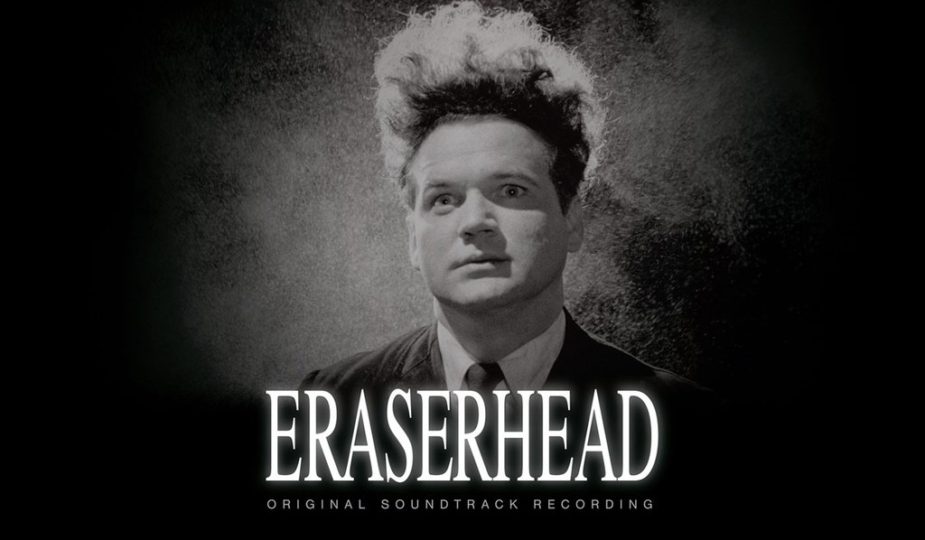
Eraserhead (1977)
“Eraserhead”, directed by David Lynch, is a dark and mysterious film, which today continues to raise mixed emotions and interesting interpretations about its “meaning”.
The film tells the story of Henry (Jack Nance) , a man who lives in an unknown industrialized city, which is covered by oppressive and devastating feelings of monotony and darkness.
Henry goes to visit his girlfriend (Charlotte Stewart), she waits for him to have dinner with her parents. Once Henry gets there, he will be warned that his girlfriend has given birth to a child. Problems start to arise when Henry realizes that the baby is not, in any sense, normal. Eraserhead is an unusual and very interesting mixture of rough situations, especially for its most mysterious character, the son of the protagonist couple: a grotesque-looking newborn that will unleash endless problems between the couple.
There can be found similarities between Eraserhead and the books Franz Kafka, especially his novel “The Castle”, where an individual goes to a community with a mission. As soon as he is there, everything around him seems irreverent and strange, and soon he begins to have doubts on the nature of the “mission” that was assigned to him, as he realizes the immense difficulties that prevent him from fulfilling it.
Lynch exposes his taste for crude and irreverent situations, the lack of logical sense and surrealist sequences that open multiple interpretations. The black and white photography of Frederick Elmes is an endless spiral of restlessness and despair. It shares certain similarities with German Expressionism, an early twentieth century art movement that emphasized the artist’s inner feelings or ideas over replicating reality, and was characterised by simplified shapes and gestural marks.
This film is the starting point for themes that David Lynch would tackle in his future works, an ineffable taste for physical deformities and strange behaviors, but also a delightful use of onirism, dark poetry and nightmare.
The multiple dark sequences of emptiness work together to tell a story of depression, alienation and the disgust and regret of becoming a father.
by Octavio Carbajal Gonzalez

Great, very precise and accurate review
Thanks, Adriana 😊
Excellent review
Thanks Claire, this movie was a big inspiration, it got me into Lynch’s filmography 👌